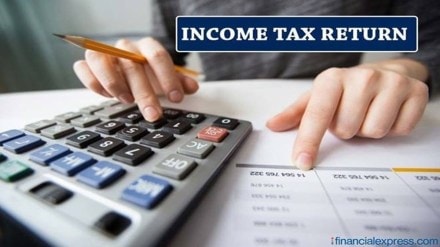Taxpayers will soon be called upon to file their income tax for assessment year 2025-26 with various options available depending on the source of income. Senior citizens can avail several concessions under the Income Tax Act and might be wholly exempt from filing taxes under certain circumstances. They will however have to make use of different ITR forms in order to file their returns for the year.
Who is exempt from filing ITR?
Senior citizens above the age of 75 whose only income sources are pension and interest (from the same bank) are exempt from filing income tax returns. The provision came into effect in April 2021 following the addition of Section 194P to the Income Tax Act. Senior citizens will however have to submit a declaration form (Form 12BBA) to the concerned ‘specified bank’ in order to avail this facility.
Senior citizens are given an exemption limit up to Rs 3,00,000 while very senior citizens (people above the age of 80) have a higher limit of Rs 5,00,000 available. The exemption limit for a non-senior citizen is capped at Rs. 2,50,000.
Which form can senior citizens use to file ITR for FY25?
Senior citizens will have to make use of different ITR forms in order to file their returns for the year on the basic of their income amount and sources.
ITR-1 (Sahaj) – For residents who have a total income below Rs 50 lakh from salary, rental income, pension, and other sources. It cannot be used by any senior citizen who is also a director in a company or has held unlisted equity shares at any time during the previous year. Individuals who have assets located outside India or earns income from sources outside the country cannot use this form.
ITR-2 – For senior citizens with income derived from property, capital gains or other sources beyond salary and pensions.
ITR-3 – For senior citizens who have income under the ‘head profits or gains of business or profession’. It is also for people who are not eligible to file their Income Tax returns under ITR-1, ITR-2 and ITR-4.
ITR-4 – Pertains mainly to presumptive taxation under sections 44AD and 44ADA.
